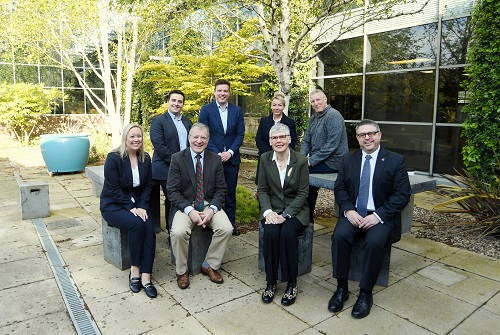It would appear, however, that wider geo-political factors are at play, considerations that seem to have put the globalisation dream on the back burner. The idea that international brands integrate with other nations in a free trade environment to exchange new ideas, technologies, products and services through economic co-operation may have to wait.
The climate emergency, COVID-19, war in Europe and Brexit have all clipped the wings of true internationalism and helped set a new agenda where localisation has become the new globalisation.
Globalisation relies on free trade and movement of capital people and products for the benefit of all. However, we are now confronted by a shrinking world of increasing tariffs and protectionism, as well as stricter controls of economic migration, all of which create the kind of skills and component shortages that impact global supply chains. This affects everything from driver shortages to on-shelf availability in the supermarkets.
If necessity is the mother of invention and we have a world on fire – literally, in some cases – localisation is the catalyst to create different levels of more domestic co-operation and keep the wheels of business turning.
Manufacturing closer to the market you are serving makes sense in terms of supply chain integrity and carbon reduction. It also means greater scrutiny and ethical sourcing of goods and services, as due diligence is no longer at distance and is easier to manage. In terms of auditing suppliers in a world where organised crime and people trafficking exist, localisation is a way of avoiding brand-damaging headlines around the paucity of cross-border vetting procedures and the sub-contracting of human misery.
Expanding a business into global markets can have significant economic and ecological implications, including extraction of natural resources of another country to produce goods, the impact of industrial-scale shipping of products and trying to ensure fair international employment rights – the reduction of potential worker exploitation through endless and opaque sub-contracting.
Localisation, combined with a greater focus on circularity and the re-use and repatriation of supply chain materials can have a greener impact on the environment. This happens by reducing the number of unnecessary journeys – so-called ‘empty running’ – which not only cuts a business’s carbon footprint, but also saves time and cost in terms of wear and tear and maintenance.
Localisation versus globalisation is still a tall ask, but geo-political events and policy making have made it more of a potent opportunity. While protectionism flies in the face of free trade and international co-operation, you can begin to understand where business can make a cleaner and greener future in our back yards if you change the narrative and swap the term nationalism for rationalism.
































